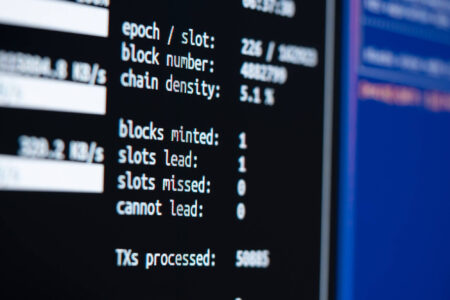The private key is an essential component in protecting the privacy and authenticity of sensitive data related to cryptocurrency funds stored on a blockchain. When data is encrypted and decrypted, a private key is generated. The private key is a secret string of alphanumeric characters known only to its owner.
To sign and execute transactions, one must have the private key of the wallet in which the cryptocurrencies are stored. The owner of the key has complete control over the corresponding coins. If the key is lost, the coins can no longer be accessed.
Understanding the private key
Blockchains typically use asymmetric cryptography to store cryptocurrencies. This is the use of two keys to secure access credentials, a public key and a private key. Digital signatures and encrypted communication channels are based on this cryptographic pair of public and private keys. The private key is an essential part of the system and works in a similar way to a password or PIN number. It should never be shared with anyone, as it acts as a code to access a cryptocurrency wallet and to authorise transactions. It is important to note that if unauthorised individuals obtain the private key, they can acquire the stored cryptocurrencies.
Unlike traditional banking systems where a central authority manages authentication, in a decentralised system the private key is the sole determinant of ownership and control. This empowers individuals to have direct control over their assets without the need for intermediaries. However, with this empowerment comes a greater responsibility to carefully protect the private key. Awareness of the importance of the private key fosters a sense of digital ownership. It emphasises the need for robust security practices in the cryptocurrency landscape.









